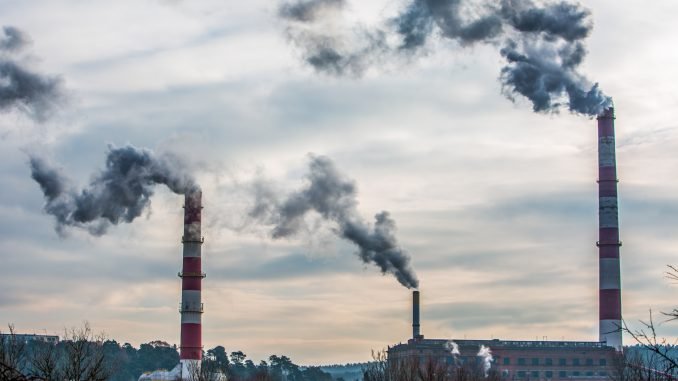
Vilnius Combined Heat and Power Plant has already turned off its generators, saying that without the subsidy, it will not be able to cover its operating costs.
The decisions to scrap quotas for reserve electricity generation for the three power plants was a mistake, said World Energy Council’s Lithuanian chapter president Rymantas Juozaitis.
“There was no cost-benefit analysis for these decisions. Secondly, there were no auctions organized for procurement of reserve power generation. According to the law, all plants must have equal opportunities to offer their power,” he told the LRT programme Dėmesio Centre.
Meanwhile Energy Minister Rokas Masiulis said that Lithuania has sufficient reserve generation capacity, provided by Elektrėnai Power Plant, and that quotas are unnecessary.
“The quotas were abolished for everyone, including the Elektrėnai plant. The Elektrėnai plant is our main reserve held by the state. It is an efficient producer that has huge power generation in one place that ensures we have the reserve we need. Lithuania has sufficient reserve,” Masiulis told LRT.
The decision to scrap power generation subsidies was not a rash one, he said.
“Back in 2012, all producers were informed that the quotas would go away in 2016. This was a signal to them to reorganize their operations, invest into additional capacities so they could continue operate efficiently in the market. It is regrettable that they didn’t. The problem with quotas is that they represent subsidies that do not give incentive to work better or invest,” Masiulis said.
“The country must move forward. We have built power interconnection, we have ensured energy security,” he said.
Former energy minister Arvydas Sekmokas believes that keeping quotas for plants that produce heat in addition to electricity – which the Elektrėnai plant does not – would allow Lithuania to save up to €36 million a year.
“This is how much the cost for energy consumers could go down. The Elektrėnai plant is producing electricity and heating a lake, whereas the combined heat and power plants generate electricity and heat Vilnius, Panevėžys and Kaunas,” Sekmokas told LRT.
Inga Žilienė, chairwoman of the Price and Energy Control Commission, said that energy prices will not be recalculated this heating season and therefore consumers will not be getting higher bills, even after the closing down of Vilnius Combined Heat and Power Plant.

Be the first to comment